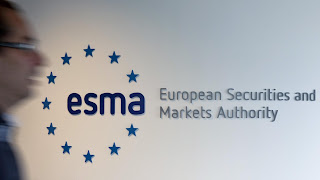The SEC Charges Morningstar for Violating Securities Law Relating to CMBS Ratings

News broke late yesterday that the US Securities and Exchange Commission was suing Morningstar for its ratings of commercial mortgage-backed securities that were issued from 2015 to 2016. Reuters reports that ‘ Morningstar’s credit ratings business allegedly violated disclosure and internal controls requirements in 30 commercial mortgage-backed securities transactions from 2015 to 2016 when the agency allowed analysts to make undisclosed adjustments to key stresses in its modelling, the SEC said ’. Morningstar, who now issue ratings via their subsidiary DBRS Morningstar after their acquisition of DBRS in 2019, responded that they had complied with all regulatory requirements. However, the SEC alleges that Morningstar allowed its analysts to ‘frequently’ alter their ratings, with those changes being undisclosed and out of alignment with their published methodologies. The result of this was that issuers were subsequently able to lower their interest payments to investors withou...














